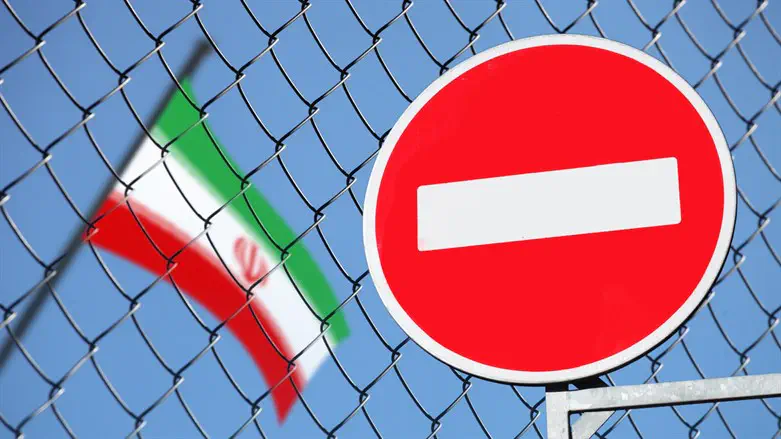The United Nations officially reimposed sweeping sanctions on Iran early Sunday, targeting the regime’s nuclear ambitions and military capabilities, reports The Associated Press.
The move, triggered by France, Germany, and the United Kingdom under the “snapback” mechanism of the 2015 nuclear deal, comes after last-ditch diplomatic efforts failed at the UN. On Friday, the United Nations Security Council rejected a final attempt by Russia and China to delay the reimposition of sanctions on Iran, just one day before the deadline.
The sanctions, which took effect at 0000 GMT (8:00 p.m. Eastern), freeze Iranian assets abroad, ban arms deals with Tehran, and penalize any development of its ballistic missile program. Iran, which had insisted the UN lacked authority to reimpose the measures, now faces renewed isolation amid growing domestic hardship.
Meanwhile, the Iranian rial has plunged to record lows, driving up food prices and leaving many citizens unable to afford basic staples like meat and rice. The sanctions also follow the 12-day war in June, during which Israel launched strikes on Iranian targets and the United States bombed nuclear sites.
In response to the European powers’ move, Iran recalled its ambassadors to France, Germany, and the UK for consultations, according to state-run IRNA.
Iran argues the snapback mechanism is illegitimate, citing the United States’ unilateral withdrawal from the nuclear accord in 2018 under President Donald Trump during his first term in office.
The sanctions are expected to escalate already heightened tensions between Iran and the West. Tehran’s next move remains uncertain, though officials have previously threatened to withdraw from the Nuclear Nonproliferation Treaty – a path once taken by North Korea in 2003 before it developed nuclear weapons.

